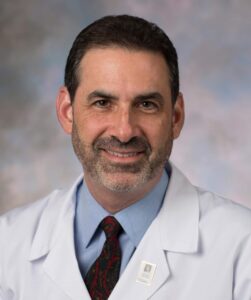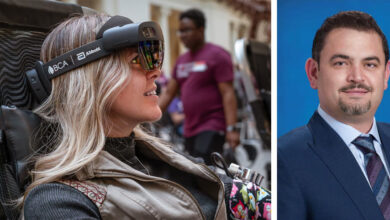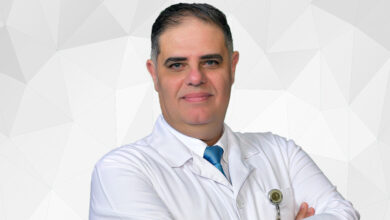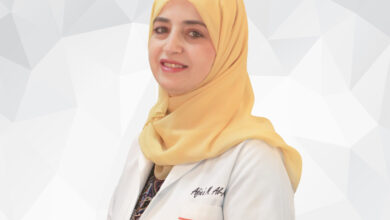Richard E. Kirschner
MD, FACS, FAAP Plastic and Reconstructive Surgery, Chief Cleft Lip and Palate Center, Director at Nationwide Children’s Hospital
“We believe that every child deserves the finest in compassionate, comprehensive team care and are dedicated to providing excellence in clinical care, research, education and overall experience”

Nationwide Children’s Hospital is one of the largest pediatric hospitals and research institutes in the United States. It is consistently ranked as one of America’s top 10 children’s hospitals by U.S. News & World Report, the recognized authority in United States hospital rankings. Richard E. Kirschner, MD, FACS, FAAP, is Chief of the Department of Plastic and Reconstructive Surgery and Director of the Cleft Lip and Palate Center. He is also recognized as a leading authority in cleft lip and palate, velopharyngeal dysfunction, 22q11.2 deletion syndrome and hemangiomas/vascular malformations.
What types of specialists are included in an ideal cleft lip and palate program?
Children born with cleft lip and palate may face many medical, developmental and psychosocial challenges throughout their development. That is why it takes a multidisciplinary team of experienced and qualified providers to achieve the best outcomes and quality of life for every cleft-affected child. The purpose of the team, ideally made up of specialists in plastic and reconstructive surgery, speech-language pathology, infant feeding, otolaryngology, audiology, oral and maxillofacial surgery, dentistry, orthodontics, psychology, social work, and nursing, is to ensure that the necessary care is provided in a coordinated and consistent manner. These providers work closely with one another and with each patient and family to develop a comprehensive, individualized care plan at every stage of growth and development.
How is the Cleft Lip and Palate Center at Nationwide Children’s Hospital unique?
It starts with our team, which is approved by the American Cleft Palate-Craniofacial Association, and also one of the largest and most comprehensive cleft lip and palate teams in the world. We provide multidisciplinary services to cleft-affected patients from birth through adulthood and offer prenatal and pre-adoption counseling services, as well as extensive patient and family education and support services. We have a unique Craniofacial Infant Feeding Program which provides comprehensive services to ensure that cleft-affected infants thrive. The Craniofacial Orthodontic Treatment Program serves the orthodontic needs of patients throughout their development. Collectively, we offer children and their families coordinated, personalized care from a team of internationally recognized clinicians who provide ongoing compassionate care with a singular focus: achieving the finest outcomes possible.
Do patients from outside the United States travel for care?
More and more, families are seeking the best possible cleft care, even if it requires traveling long distances. Since the quality of the primary repairs of cleft lip and palate is the most important determinant of long-term outcomes, parents often search for the best hospitals in which to have their child undergo cleft surgery. At Nationwide Children’s Hospital, we frequently treat children from across the United States and around the world. We understand that it can be difficult for families traveling far from home for surgical care, and therefore strive to ensure that such families have the best experience possible.
What are some of the complexities or nuances in treating children in this field?
All orofacial clefts are not the same, nor are all children with orofacial clefts. The surgical approach to the repair of each cleft must be individualized. Nuances in surgical technique make all the difference with respect to long-term outcomes in aesthetic appearance, speech, and dentofacial growth and development. Moreover, each cleft must be approached with consideration of the whole child.
Many children with orofacial clefts have underlying medical conditions that may or may not be associated with a genetic syndrome, and proper surgical management relies on consideration of each child’s specific medical co-morbidities. In addition, social determinants of health play a critical role in determining outcomes in cleft care. Provision of social support services is often a key factor in achieving equitable care and outcomes.
Finally, each cleft-affected child is unique with respect to psychological health and resiliency. Consideration of each child’s psychological needs and self-reported outcomes throughout development is therefore essential to ensure the best quality of life.
















